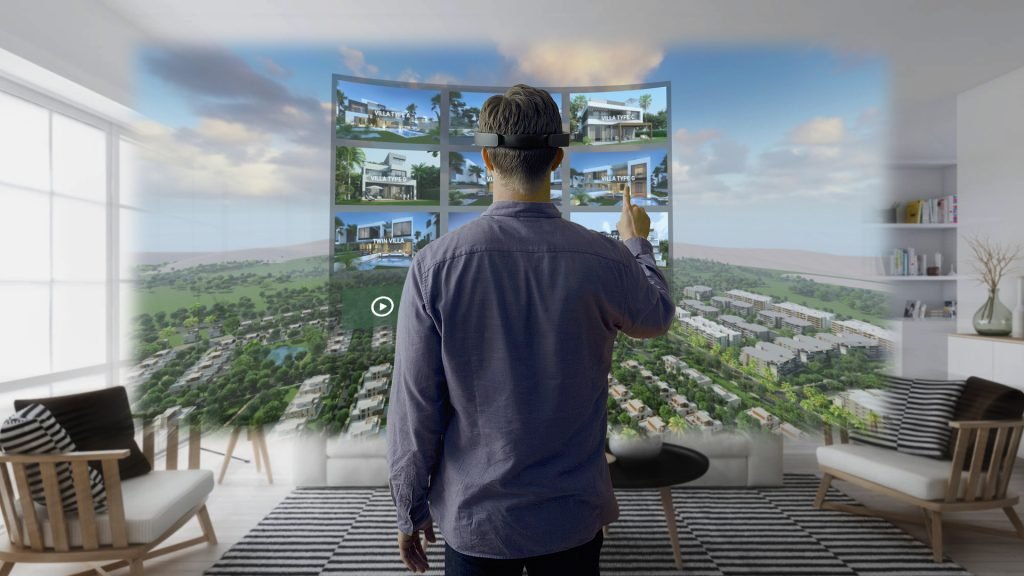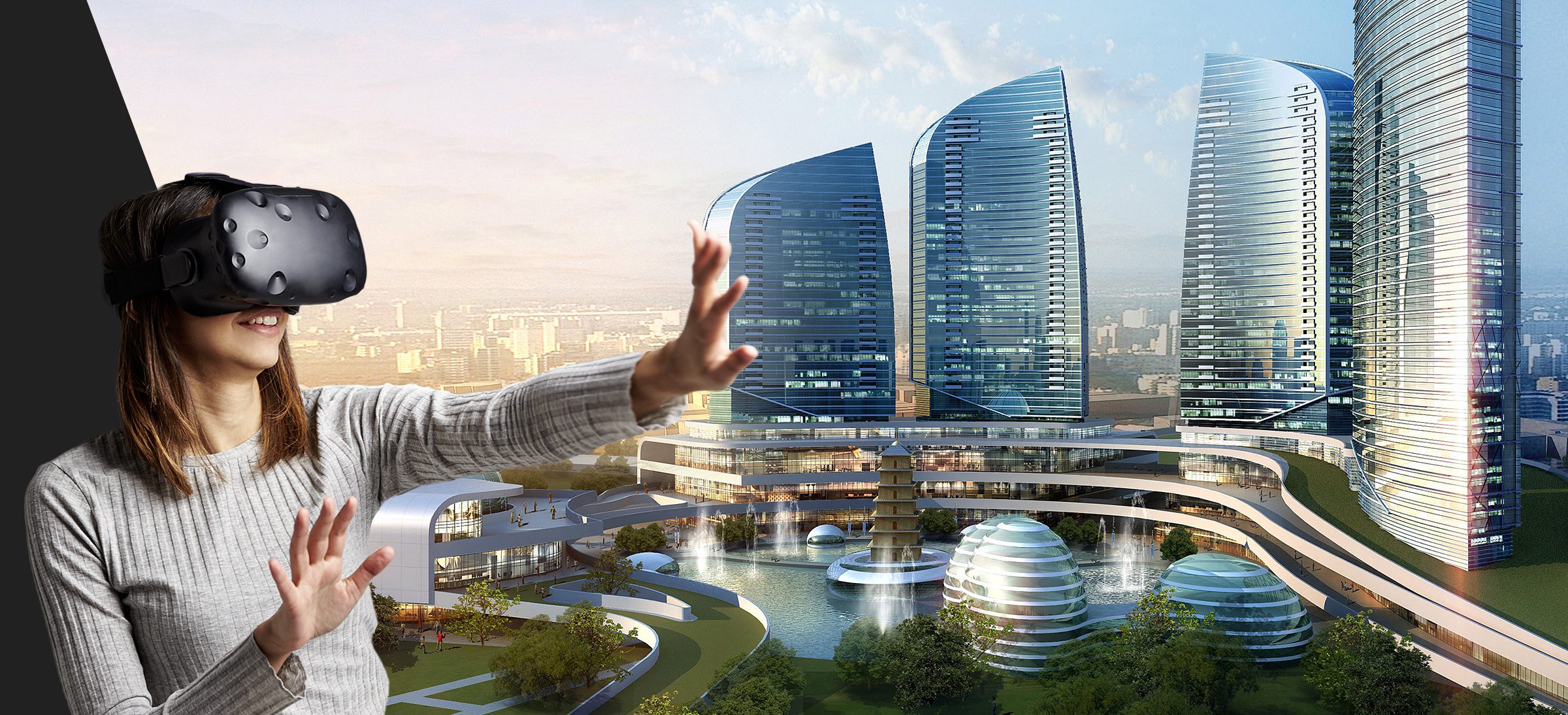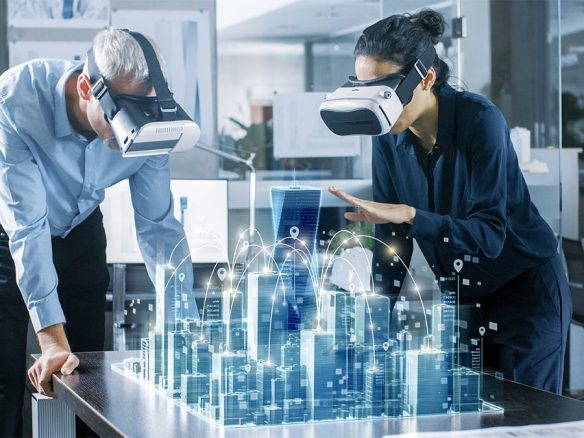Virtual Reality (VR) is revolutionizing the real estate industry by transforming how properties are viewed and marketed. This technology offers immersive, interactive experiences that benefit buyers, sellers, and real estate professionals alike.
The Evolution of Property Viewing
Traditional property viewings often require physical visits, which can be time-consuming and limited by geographical constraints. With the advent of VR, potential buyers can now explore properties from anywhere in the world, at any time. This shift not only broadens the market reach but also streamlines the property selection process.



Benefits of VR in Real Estate
Enhanced Accessibility: VR allows users to tour properties remotely, eliminating the need for physical presence and making it easier for international buyers or those with tight schedules.
Time and Cost Efficiency: By providing virtual tours, real estate agents can reduce the number of in-person visits, saving time and resources for both parties.
Improved Decision-Making: Immersive VR experiences offer a comprehensive view of the property, enabling buyers to make informed decisions without multiple site visits.
Innovative Marketing: VR showcases properties in a modern, tech-savvy manner, attracting a broader audience and setting listings apart in a competitive market.
Implementing VR: Tools and Platforms
Several platforms have emerged to facilitate VR integration in real estate:
Matterport: Specializes in creating 3D digital twins of physical spaces, allowing users to navigate properties virtually with high precision.
HoloBuilder: Offers tools to create and share 360° views of construction sites and buildings, aiding in project monitoring and client presentations.
Real5D: Provides a virtual platform where users can walk through properties and interact with the environment, including other virtual visitors or estate agents.

Case Studies: VR Transformations
The integration of VR has led to significant advancements in property viewing:
Virtual Staging: Companies use VR to stage homes digitally, allowing buyers to visualize furnished spaces without physical staging, reducing costs and time.
Construction Progress Monitoring: Builders and developers utilize VR to provide stakeholders with immersive updates on project developments, enhancing transparency and communication.
Challenges and Considerations
While VR offers numerous advantages, there are challenges to address:
Technical Limitations: High-quality VR experiences require advanced equipment and software, which may involve significant initial investments.
User Adaptation: Some users may be hesitant to adopt new technologies, necessitating user-friendly interfaces and educational resources.
The Future of VR in Real Estate
As technology advances, VR is poised to become a standard tool in real estate marketing. The integration of artificial intelligence (AI) and VR could further personalize virtual tours, offering tailored experiences based on user preferences. Additionally, as VR becomes more accessible, smaller agencies and individual sellers may also leverage this technology to enhance their property listings.













